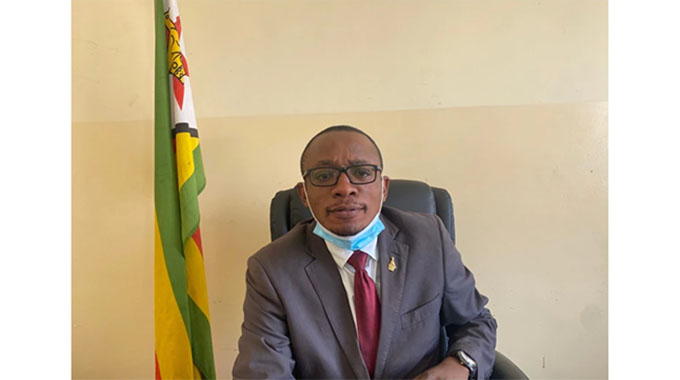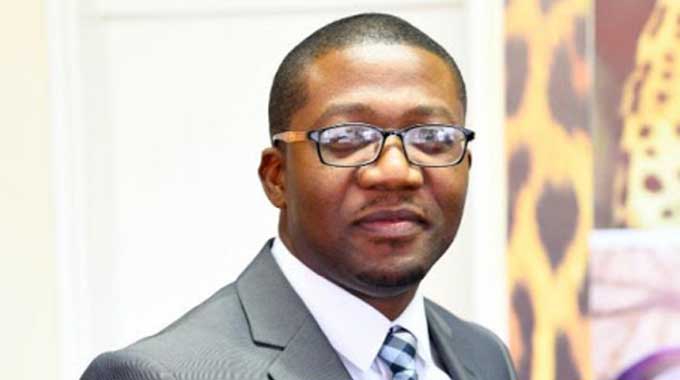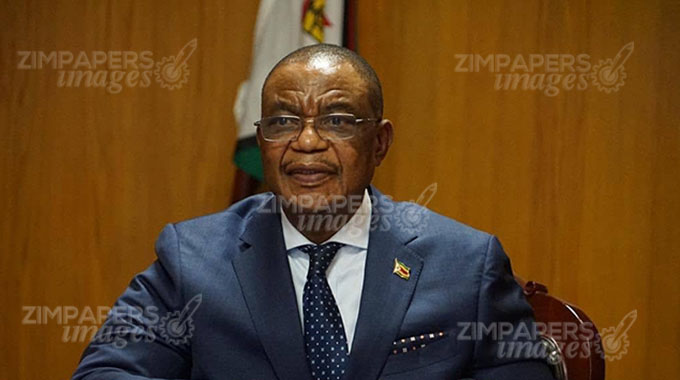Govt recruits more teachers

Nqobile Tshili-Bulawayo Bureau
More than half of the extra 10 000 teachers needed by the Ministry of Primary and Secondary Education have now been recruited over the last couple of months.
The Public Service Commission has approved the recruitment of 3904 teachers whose names will be published in the media today, adding to the 1 464 that were recruited in March, taking the total since the beginning of the year to 5368.
The new teachers will be deployed to both primary and secondary schools.
The Ministry of Primary and Secondary Education hopes more teachers will be employed during the course of the year.
Last year, Government recruited 3 816 teachers, with 835 of them replacing teachers who did not report for work after the previous recruitment in 2020.
The outbreak of Covid-19saw the education sector decongesting classrooms by cutting class sizes, contributing to the need for the recruitment of more teachers.
On Tuesday, Cabinet lifted the ban on school sporting activities meaning the school calendar is now fully operational.
Primary and Secondary Education communications and advocacy director Mr Taungana Ndoro said the recruitment of teachers is significant as it will address the shortcomings that exist in the education sector.
“It is significant because it will then help us adhere to standard operating procedures so that we do not have bloated classrooms. It also assists us in areas where there are no teachers at all and also for some learning areas that are lagging behind. It is a step in the right direction and as the Ministry of Primary and Secondary Education, we are very happy that the Public Service Commission and the Ministry of Public Service, Labour and Social Welfare has recruited those teachers,” said Mr Ndoro.
“We expect to get more teachers as the year progresses and even in future because we are in need of more teachers but this is a step in the right direction. You will find that it varies with the kind of enrolment. We had hoped that this year we would get 10 000 but with this additional 3900, we are now at around 5000 including the first batch of 1500 that was recruited. So, for this year we have covered over 50 percent but obviously we are looking to have more teachers because we have areas where we have a limited number of teachers.”
Most of the teachers recruited have been deployed to rural and remote areas that are always facing staff shortages.
Now the Ministry is deploying people who come from those communities to minimise demand for transfers from some rural areas.
“Most of the teachers that get deployed there end up requesting for transfer to join their families or move closer to home. That is where we have challenges as some just occupy the position for just one or two years and then transfer. There are others who don’t take up the assumption of duty in those areas maybe because they don’t come from those areas. Therefore, there has been a deliberate effort to try and recruit teachers from particular communities to teach within those communities who will be able to stay longer in those communities and hopefully they do not transfer,” said Mr Ndoro.
Zimbabwe Teachers Association chief executive officer Dr Sifiso Ndlovu said more teachers are still needed in schools.
He noted some teachers leave the education sector through retirement among other reasons.
Meanwhile, Government has deducted unauthorised days not worked from salaries for teachers who did not report for duty in February citing incapacitation when schools opened for the first term as part of the no work no pay policy.
When schools opened for the first term on February 7, some teachers did not report for duty citing incapacitation.
The teachers declared incapacitation as Government was working towards introducing new packages for all its employees. Government then announced a 20 percent salary increase for all civil servants plus an additional US$100 cash allowance, as well as $20 000 school fees allowance for teachers among other non-monetary benefits.
Teachers who were absent from work for the first two weeks after schools reopened have had part of their salaries deducted. They get US$175 and nearly $30 000 in local currency and the deductions were made in local currency payments.
Secretary to Service Commissions, Ambassador Jonathan Wutawunashe, confirmed the deductions.
“It is true that Government is serious about the no work no pay principle because it is the only one that is fair to those who show up at work.
“There’s no justice and there is no logic in treating the civil servant who reports for duty the same way you treat the one who does not show up,” said Ambassador Wutawunashe.
“One of the most important facts to remember is that Government had moved to implement an agreed upward adjustment to salaries and has also extended a number of benefits significantly the maintenance of the US$75 Covid-19 allowance and the introduction of the additional US$100, making it US$175 for every civil servant. There were other benefits so it was important for civil servants to report for work knowing that their issues were being addressed through very significant interventions.
“It was important for civil servants to be responsible and show up for work. And indeed, one hastens to add that the majority of civil servants did report for work.”
Ambassador Wutawunashe said Government remains committed to addressing civil servants’ conditions of service through both monetary and non-monetary benefits.
“Government is always looking for ways to improve the conditions of service including salaries. There is of course, accepted channels for doing that and it is through negotiations between the workers representatives and Government in the context of the National Joint Negotiating Council. You will notice that all the engagements between the Government and the NJNC in the past three years have always produced improvements,” said Ambasador Wutawunashe.
Dr Ndlovu said the PSC deducted between $11 000 and $17 000 from teachers who had missed days of work without valid reasons.











Comments